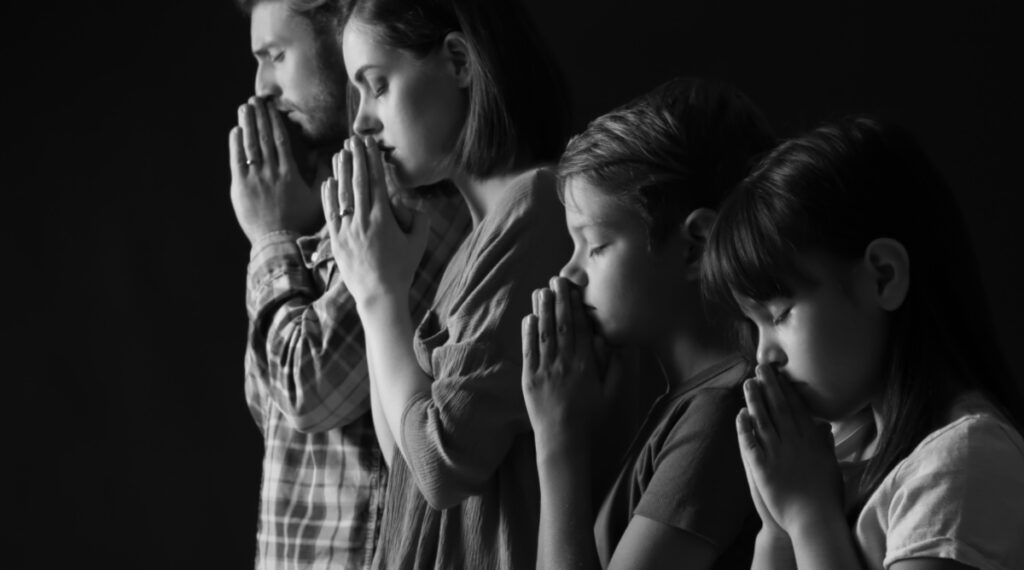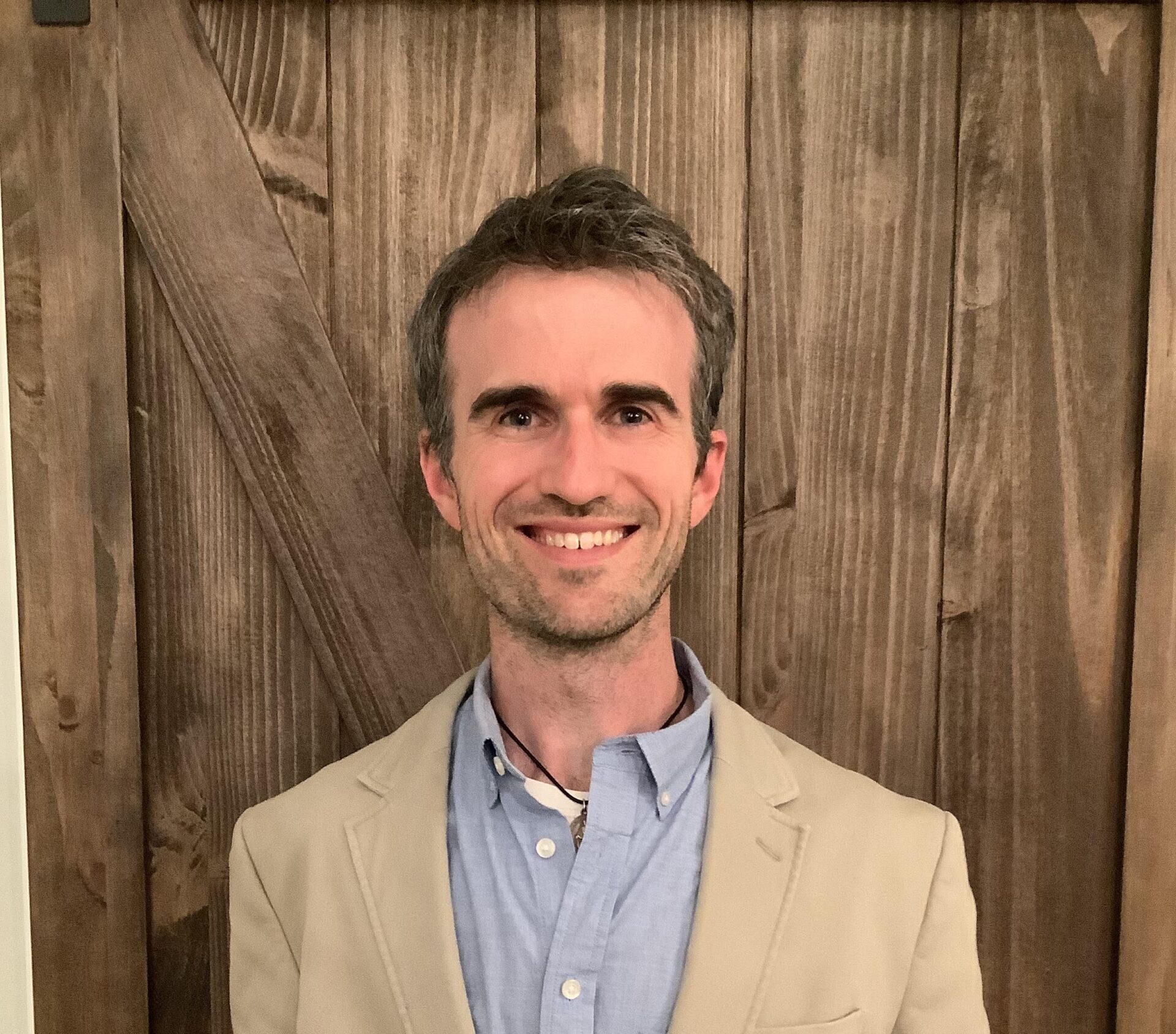We are always looking to the experts. Perhaps this stems from insecurity or perhaps there is wisdom in learning from those with more knowledge than us. I like to think the latter. Whatever the reason, experience is always our best teacher.
Many Catholic parents look to the experts for raising children, such as books by a trusted Catholic psychologist.
Married couples look to financial gurus like Dave Ramsey to guide them in making decisions. Single people look to dating experts (unfortunately many are misled).
Young priests look to their older priest brothers for guidance.
And the list goes on.
In the spiritual life, the saints are the greatest experts in helping us become virtuous. Through their writings and their example, we see what it takes to reach Heaven.
The saints are truly our older brothers and sisters in the Faith. In many families, the younger siblings seek to imitate their older siblings. And if the younger children are wise, they will avoid their older siblings’ mistakes.
Though many biographers gloss over the saints’ failures, we can learn as much from their setbacks as from their victories. We see that the saints were human and not angels. We see that God never gave up on them, just like you and me. Yes, even the saints betrayed God. And some saints were mired in sin, but they rose with God’s grace. After all, the saints were sinners who never gave up.
Saints were sinners who never gave up.
Of all the things the saints can teach us, first and foremost, is how to pray well. The saints are the experts of prayer because they spent their lifetime seeking union with God. Hence those who have the closest union with God in Heaven were those who had the closest union with Him on earth. Or as Jesus told St. Faustina, “But I want to tell you that eternal life must begin already here on earth through Holy Communion. Each Holy Communion makes you more capable of communing with God throughout eternity.”
Several years ago, I wanted to research the greatest parents who ever lived so that I could be a better husband and father. So that I could learn from the “the greatest experts” on parenting—and ultimately raise a saint with God’s grace. In these holy parents, I discovered seven hallmarks: Sacramental Life, Surrender, Sacrificial Love, Suffering, Simplicity, Solitude, and the Sacredness of Life. And these hallmarks also spilled over to their saintly children.
Through them, God deepened my understanding of prayer by reflecting more on these parents’ prayer lives. After all, the parents of the saints were the “first” experts of prayer.
As I would later write in my book on the parents of the saints, “Behind every holy card, image, and statue of the saints lies the story of a person who came from a father and mother. It is within this school of love, this domestic church, where most saints learned to pray, love, and receive the mustard seed of faith, which, in time, developed into heroic virtue.”
Most of the saints learned to pray from their father and mother.
Most of the saints learned to pray from their father and mother.
The Catechism of the Catholic Church identifies five types of prayer: blessing and adoration, prayer of petition, prayer of intercession, prayer of thanksgiving, and prayer of praise. The parents of the saints manifested these various types of prayer to their children.
In the home of St. Gianna Molla, the importance of grace before meals or “blessing” played a huge role. The family meal was sacred, a continuation of the Holy Sacrifice of the Mass.
In the home of Bl. Chiara Badano, her parents prayed for nearly eleven years for a child. They petitioned God and especially Our Lady for the miracle of life.
In the home of St. Thérèse of Lisieux, her father, St. Louis Martin would often visit one of Our Lady’s Shrines to seek graces for either a sick child or for the graces for his beloved France. As he said, “ to receive the graces our country needs so much in order to prove itself worthy of its past.”
St. Josemaría Escrivá learned the importance of thanksgiving, especially when his father was cheated out of his business and yet kept his cheerfulness. St. Josemaría said this about his father, “My father’s business did not go well. And I thank God for that because in that way I learned what poverty is. If not, I wouldn’t have known.”
St. Faustina was so inspired by her father Stanislaus’s prayer life that she declared, “When I saw how my father prayed, I was very much ashamed that, after so many years in the convent, I was not able to pray with such sincerity and fervor.” Stanislaus would wake up at dawn and recite the Little Office of the Blessed Mother. He also prayed the lamentations during Lent.
And other saints were moved by their parents’ piety. Pope St. John Paul II never forgot the time he witnessed his father praying on his knees at night. St. Gabriel Possenti’s father would spend an hour every morning in prayer before his duties as mayor of Assisi while his mother meditated frequently on Our Lady of Sorrows.
While visiting a Benedictine Monastery in the Midwest many years ago, there was a quote that struck me in the monastery hallway. The quote said the following: “Until we are convinced that prayer is the best use of our time, we will never make time for it.”
The parents of the saints were convinced that prayer was the best use of their time. The greatest lesson the parents of the saints taught their children was the unspoken word of seeing a rosary in their hands, their heads bowed down, their knees on the floor, and their bible well-worn. Yes, the parents of the saints changed the world on their knees, for they were the first experts of prayer.
Let us imitate them in their love of prayer and their love of those entrusted to them. All you holy men and women, pray for us!
______________________________________________________________________________________
Patrick O’Hearn is the author of Parents of the Saints: The Hidden Heroes Behind Our Favorite Saints by TAN Books.
Image: Depositphotos




